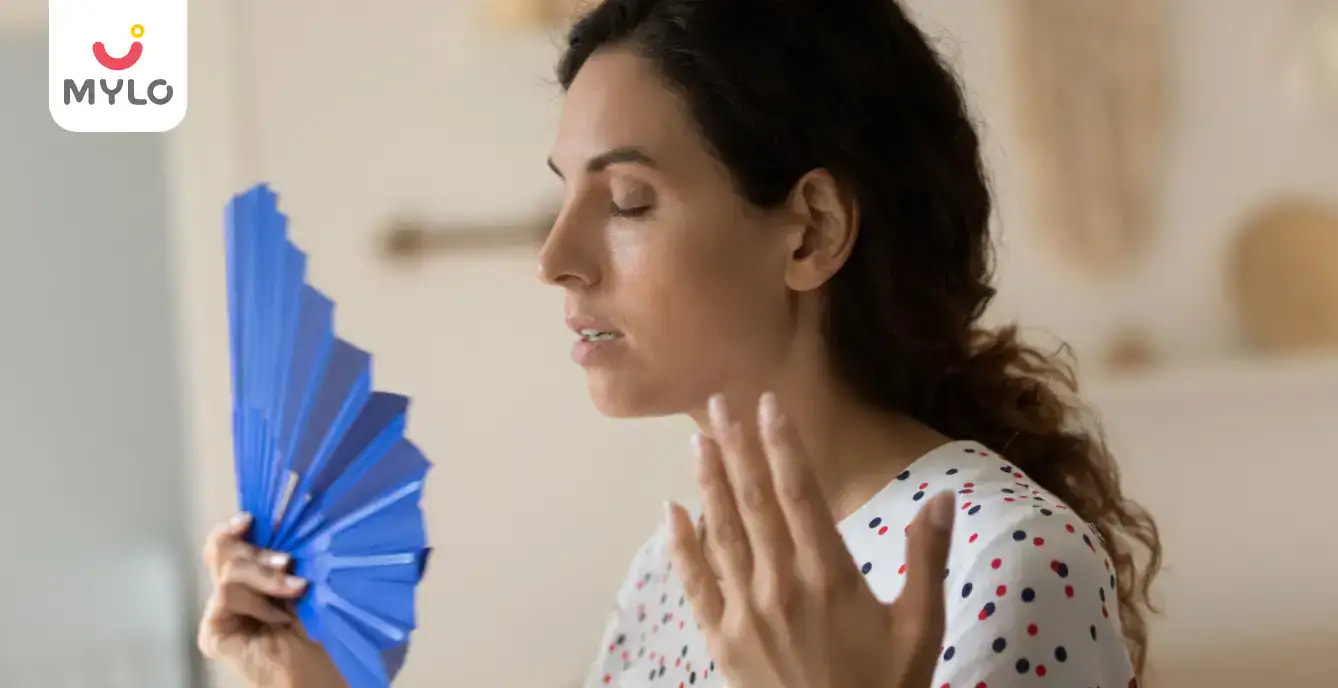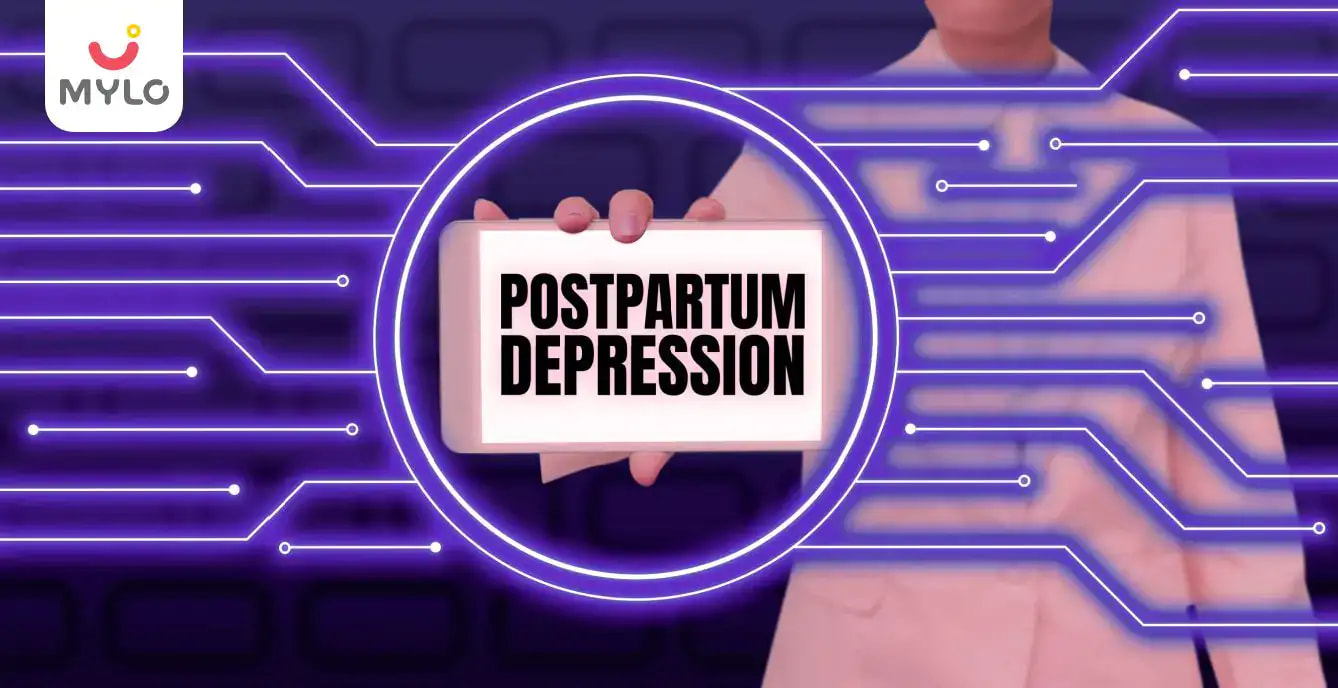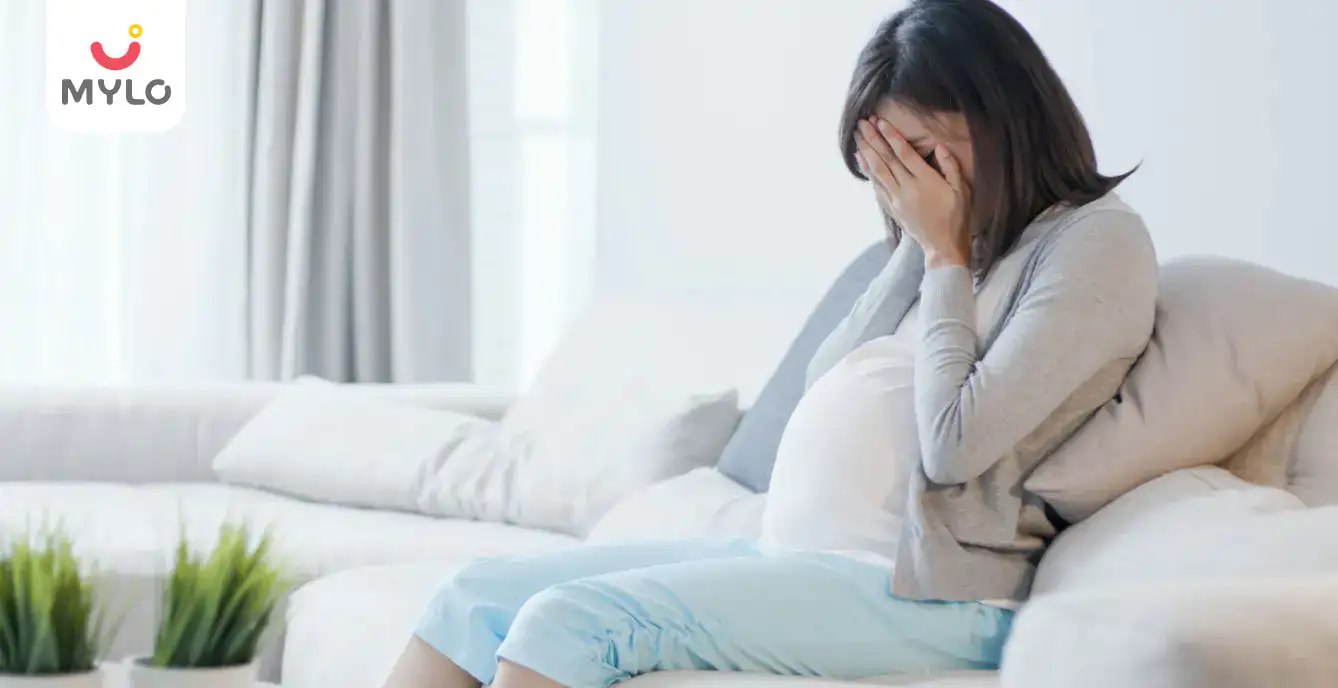Home

Health & Wellness

What Helps in Improving Mental Health of Women
In this Article

Health & Wellness
What Helps in Improving Mental Health of Women
Updated on 22 November 2023
Mental health problems can have varying effects on men and women. Anxiety and depression and anxiety, for example, are more prevalent in women. There are some specific conditions that only affect women. For example, some women may experience signs of mental disorders like prenatal despair, disruptive mood dysregulation disorder, and perimenopause-related depression while experiencing hormonal transition. There are no variations between males' and women's occurrence rates of other mental disorders, such as schizophrenia and bipolar disorder, according to research. But because some symptoms may be more prevalent in women than in males and because sex might have an impact on how an illness develops, the symptoms of mental health of women may manifest differently.
What Effect Does Mental Health Have on Performance at Work?
Stress and poor mental health of women can harm in the following ways -
-
Efficiency and productivity at work.
-
Commitment to one's work
-
Having conversations with coworkers.
-
Physical fitness and regular activities.
It is even harder to diagnose a condition or mental woman issues like anxiety or depression for the person experiencing them. In light of this, it is important to keep in mind that supporting women who may be experiencing mental health issues or even just encouraging them to get care can have a significant positive impact on both the individual and the workplace environment. One must keep an eye out for potential symptoms such as unusual exhaustion, frequent (and lengthy) blunders, seclusion, procrastinating, and even erratic behavior in order to be better prepared to recognize mental health difficulties at work.
Warning Signs
Women and mental health is a widely discussed topic. But less recognized in many places. The majority of mental diseases and conditions can affect both men and women. However, women's mental health symptoms may differ. Several signs may constitute an ill state of mental health for women such as,
-
Persistent melancholy or a sense of helplessness.
-
Alcohol and/or drug abuse.
-
Drastic adjustments to one's food or sleeping schedule.
-
Changes in appetite and/or weight.
-
Low energy or weariness.
-
Excessive anxiety or terror.
-
Being aware of or hearing something that is not there.
-
Extreme highs and lows in emotions.
-
Unidentified pains, headaches, or stomach issues.
-
Irritability.
-
Social isolation.
-
Suicidal ideas.
Can Mental Health be Treated?
Women mental health is absolutely treatable if diagnosed and acknowledged. Engaging in either individual or group therapy helps a lot of individuals who have been diagnosed with mental diseases to become stronger and heal. There are numerous viable therapy options. Individuals can select the treatment or mix of treatments that best suit them; there is no one treatment that is effective for everyone.
1. Psychotherapy
The therapeutic management of women and mental health by a qualified mental health professional is called psychotherapy. Psychotherapy examines ideas, emotions, and actions with the objective of enhancing a person's well-being. The most effective way to heal is through a combination of psychotherapy and medicine. Behavioral therapy, systematic desensitization, dialectical behavior therapy, etc. are a few examples.
2. Medication
Mental diseases cannot be completely treated by medication. It might be useful in managing symptoms. The easiest way to recover, sometimes, is with the help of medication and counseling.
3. Case Management
With a case manager's assistance, one can put together case management plans and integrate mental woman services for an individual. Numerous ways to promote rehabilitation can be evaluated, planned, and put into action with the aid of a case manager.
4. Hospitalization
Sometimes, hospitalization is required to allow a person to be carefully observed, diagnosed, and/or adjust medication as per the requirement.
5. Support Group
A support network is a gathering of people who encourage one another toward the common objective of healing. Support groups frequently consist of peers who have suffered from comparable circumstances rather than specialists.
6. Alternative Medicine
CAM or Complementary and Alternative Medicine refers to processes that are not frequently used in mainstream medical care. CAM can be used as a replacement for or as an additional step with conventional medical practices to promote women's mental health.
7. Self-Help
A self-help plan allows an individual to tackle their illness by putting measures into practice to promote wellness. These may include addressing recovery, managing triggers, or treating symptoms.
It is a good idea to speak with a family physician if one is worried that one could be experiencing a mental health issue. Although it can be intimidating, most people discover that talking to their doctor and receiving support can significantly improve their lives and the mental health of women.
References
1. Malhotra S, Shah R. (2015). Women and mental health in India: An overview. Indian J Psychiatry.
2. Herrman H. (2016) Improving the mental health of women and girls: psychiatrists as partners for change. World Psychiatry.
Tags
What Helps in Improving Women's Mental Health in Hindi, What Helps in Improving Women's Mental Health in Tamil, What Helps in Improving Women's Mental Health in Telugu



Written by
Sanju Rathi
A Postgraduate in English Literature and a professional diploma holder in Interior Design and Display, Sanju started her career as English TGT. Always interested in writing, shetook to freelance writing to pursue her passion side by side. As a content specialist, She is actively producing and providing content in every possible niche.
Read MoreGet baby's diet chart, and growth tips

Related Articles
Related Questions
Influenza and boostrix injection kisiko laga hai kya 8 month pregnancy me and q lagta hai ye plz reply me

Hai.... My last period was in feb 24. I tested in 40 th day morning 3:30 .. That is faint line .. I conculed mylo thz app also.... And I asked tha dr wait for 3 to 5 days ... Im also waiting ... Then I test today 4:15 test is sooooo faint ... And I feel in ma body no pregnancy symptoms. What can I do .

Baby kicks KB Marta hai Plz tell mi

PCOD kya hota hai

How to detect pcos

RECENTLY PUBLISHED ARTICLES
our most recent articles
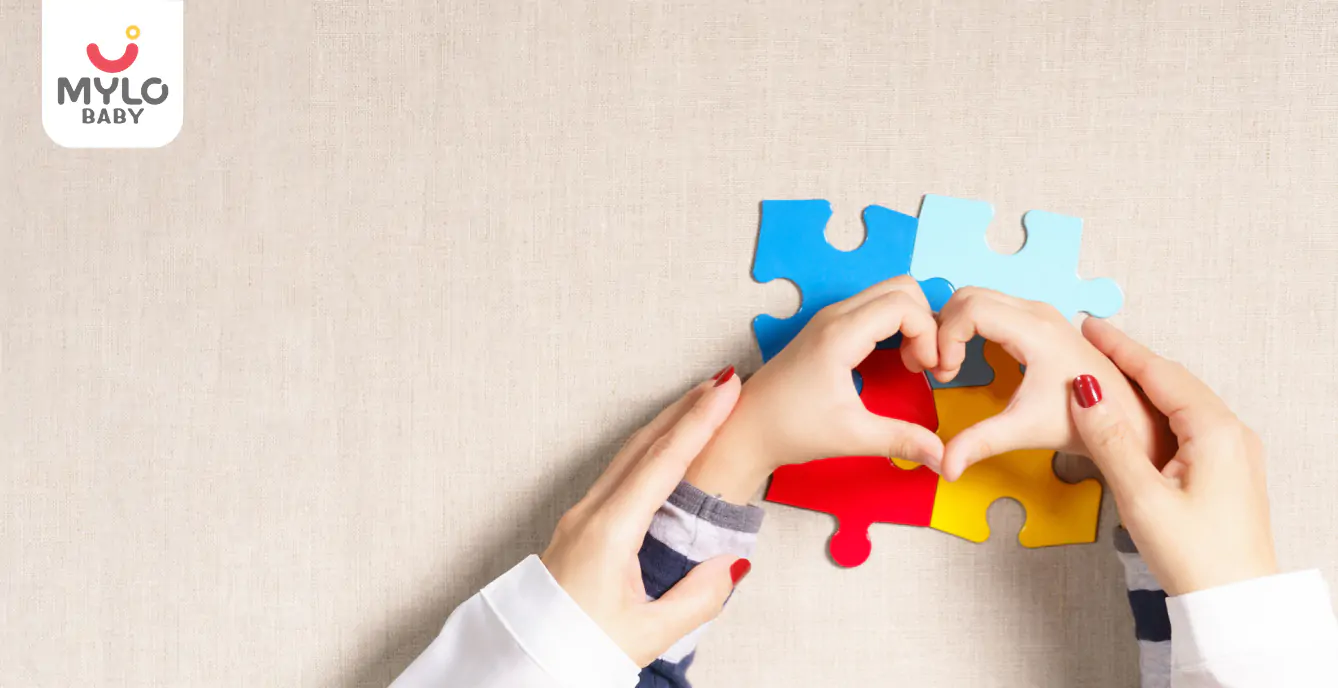
Medications
Childhood Disorders: Meaning, Symptoms & Treatment
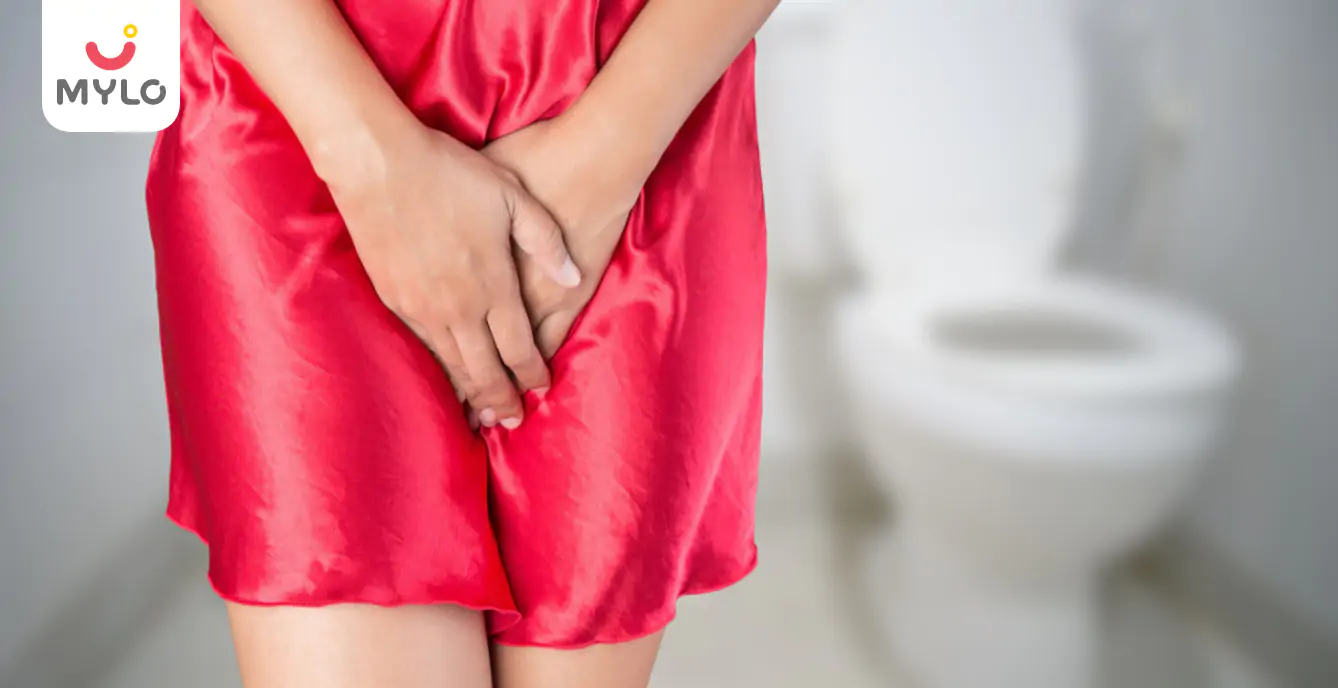
Vaginal Bleeding
Bleeding During Pregnancy 8 Weeks: Should You See a Doctor?

Postnatal Care
The Ultimate Guide to Having Sex After C Section

The Ultimate Guide to Baby Brain Development Food During Pregnancy

Rashes
Nappy Rash: Your Ultimate Guide to Symptoms and Quick Relief

Periods
How to Get Periods Immediately to Avoid Pregnancy?
- Loss of Appetite During Pregnancy: Causes and Solutions
- How to Increase Newborn Baby Weight: Expert Tips and Tricks
- Fertisure M: The Comprehensive Solution to Male Infertility and Reproductive Health
- All You Need to Know About the New COVID Variant: Pirola
- Endometrial Polyp and Pregnancy: How Uterine Polyps Can Affect Your Chances of Conception
- How to Stop Heavy Bleeding During Periods: Home Remedies (Part 2)
- How Many Times Should You Have Sex to Get Pregnant?
- A Guide to Planning the Perfect Godh Bharai for the Mom-to-Be
- Your Complete Guide to Spinal Anesthesia: From Preparation to Recovery
- Custard Apple During Pregnancy: Benefits & Risks
- 30+ Baby Bump Photos and Ideas for Documenting Your Pregnancy
- 30+ 2nd Pregnancy Photoshoot Ideas for Expecting Parents
- Feeding Tips and Healthy Food Ideas for Your 7-9 Month Old Baby
- Sweet Potato During Pregnancy: Benefits, Risks & Side Effects


AWARDS AND RECOGNITION

Mylo wins Forbes D2C Disruptor award

Mylo wins The Economic Times Promising Brands 2022
AS SEEN IN

- Mylo Care: Effective and science-backed personal care and wellness solutions for a joyful you.
- Mylo Baby: Science-backed, gentle and effective personal care & hygiene range for your little one.
- Mylo Community: Trusted and empathetic community of 10mn+ parents and experts.
Product Categories
baby carrier | baby soap | baby wipes | stretch marks cream | baby cream | baby shampoo | baby massage oil | baby hair oil | stretch marks oil | baby body wash | baby powder | baby lotion | diaper rash cream | newborn diapers | teether | baby kajal | baby diapers | cloth diapers |




